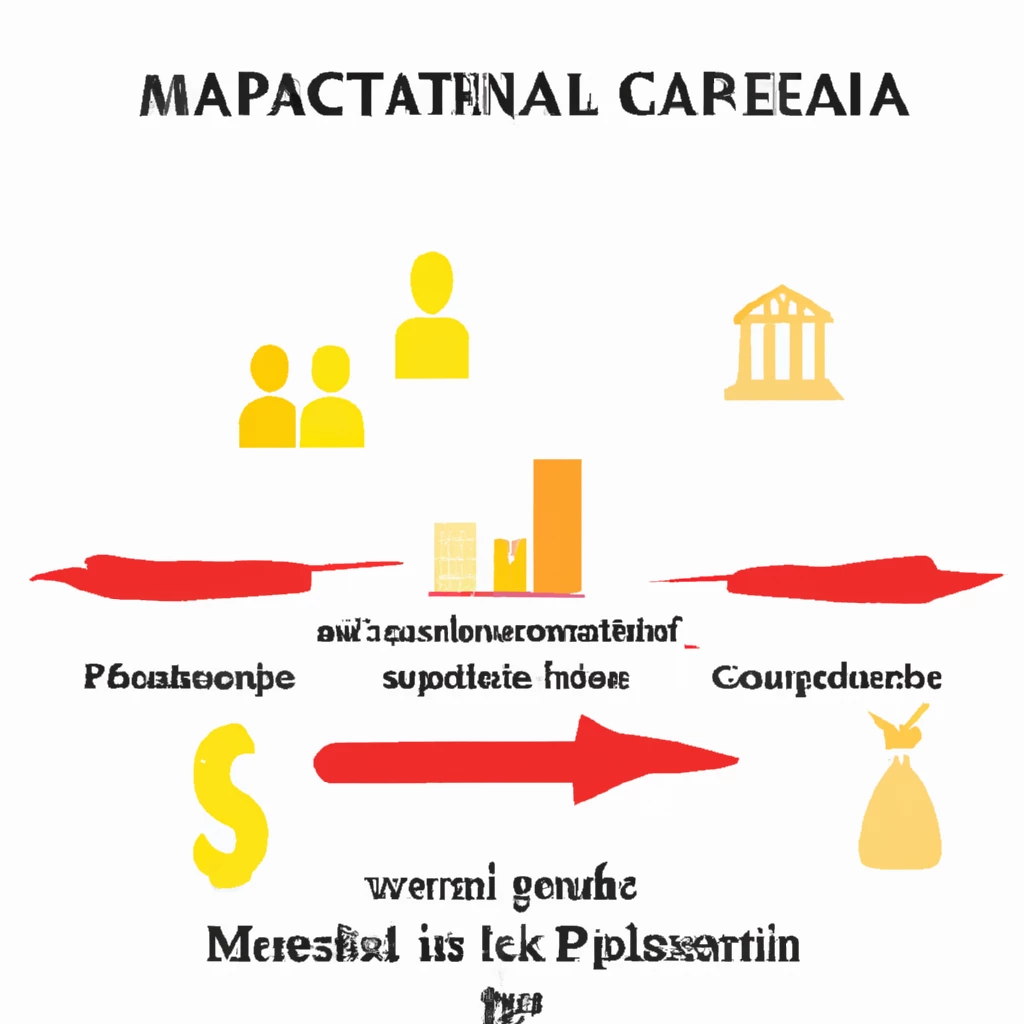
Equity Markets vs. Fixed-Income Markets: An Overview
Equity markets and fixed-income markets differ in various aspects, including the types of securities traded, market accessibility, risk levels, expected returns, investor goals, and strategies. Equity markets mainly involve stock trading, while fixed-income markets predominantly deal with bonds. Individual investors often find it easier to access equity markets compared to fixed-income markets. While equity markets offer higher potential returns, they also come with increased risks. Investors in equity markets typically focus on capital appreciation and adopt more aggressive strategies compared to those in fixed-income markets.
Equity Markets
Equity markets involve the buying and selling of stocks on trading exchanges. Investors in equity markets own shares in companies, whereas bonds serve as interest-earning investments. Well-known equity markets include the Nasdaq and the New York Stock Exchange (NYSE). Stock markets, regardless of type, can experience significant price fluctuations and volatility.
In equity markets, companies offer shares to the public through initial public offerings (IPOs). Most retail investors find trading stocks in equity markets accessible and cost-effective. Brokerages often provide low or zero trading fees and the option to trade fractional shares, making high-priced stocks accessible to small investors.
The high risks and potential for significant profits in equity markets have led to the development of various strategies such as growth investing and value investing. Success in equity markets typically requires extensive research and monitoring of investments. Trading strategies in equity markets vary widely, from high-frequency trading to long-term investment strategies. Some investors use leverage to amplify gains, while others hedge to mitigate risks.
Outperforming equity markets can be challenging, making index funds a popular choice for many investors.
Fixed-Income Markets
The fixed-income market, also known as the debt securities or bond market, consists of bonds issued by the government, corporations, municipalities, and mortgage debt instruments. This market is considered a capital market as it provides long-term financing for investments.
Debt securities in fixed-income markets are generally viewed as less risky than equity investments, often offering lower potential returns. Traditionally, these securities were traded over-the-counter instead of on centralized exchanges. Fixed-income securities are commonly issued through auctions, such as those conducted by the U.S. Treasury department.
Most investors access the fixed-income market through TreasuryDirect. Mutual funds are a popular way to invest in corporate bonds within fixed-income markets, as they provide easier access compared to over-the-counter trading.
Given the lower risks and rewards in fixed-income markets, strategies are often more conservative compared to equity markets. Investors typically focus on preserving capital by investing in bonds with high credit ratings. Within these constraints, fund managers and investors seek higher yields while also considering the potential for capital appreciation.
Special Considerations
The rise of exchange traded funds (ETFs) has transformed both equity and fixed-income markets, blurring the boundaries between the two. ETFs may hold a mix of stocks and bonds, trading on stock exchanges. With reasonable prices, often below $100 per share, ETFs provide broad market accessibility, particularly for bonds that were previously less accessible to small investors.
ETFs offer instant diversification to investors, who can assess securities’ quality simply by examining the ETF’s label. For instance, an investment-grade bond ETF offers a way to earn more income than a traditional savings account with limited risk. In the case of stocks, ETFs reduce idiosyncratic risk and provide easier access to foreign markets.







